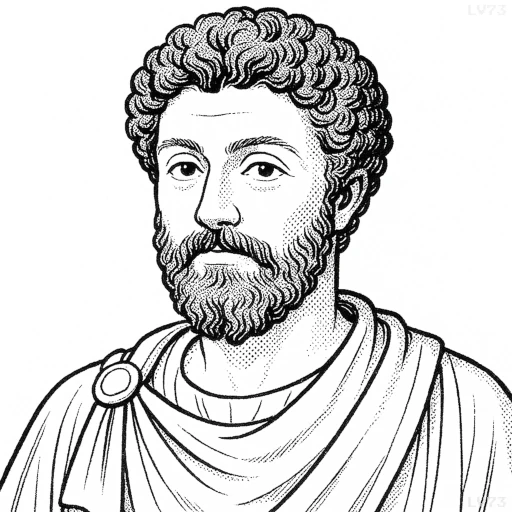“Natural ability without education has more often raised a man to glory and virtue than education without natural ability.”

- April 26, 121 – March 17, 180
- Roman Empire
- Roman Emperor
table of contents
Quote
“Natural ability without education has more often raised a man to glory and virtue than education without natural ability.”
Explanation
In this quote, Marcus Aurelius points to the importance of innate talent or natural ability in achieving greatness and virtue, suggesting that raw potential can often surpass formal education in shaping a person’s success. While education provides knowledge and structure, it is a person’s inherent qualities—such as intelligence, drive, and character—that ultimately determine their ability to rise to prominence or live virtuously. Aurelius, a philosopher deeply concerned with inner development, understood that the character and virtue of an individual are more vital than any formal training or academic credentials in achieving true success.
Aurelius, as an emperor and philosopher, would have been well aware of the role that both natural ability and education played in leadership and personal growth. However, his Stoic principles suggest that it is the inner qualities of a person—such as self-discipline, wisdom, and integrity—that ultimately lead to true greatness, rather than simply academic achievement or superficial knowledge. Today, this perspective challenges the notion that education alone guarantees success, highlighting the importance of character and personal development in any field.
In modern terms, this quote emphasizes the value of cultivating innate strengths—whether they are in creativity, leadership, or perseverance—while also recognizing that formal education is just one part of personal and professional growth. For example, a person who is naturally charismatic, hardworking, or innovative may achieve significant success even without an extensive educational background, while someone with excellent formal education but lacking the drive or self-discipline may struggle. It serves as a reminder that true virtue and excellence often come from within, and it is essential to develop both natural ability and personal integrity to reach one’s full potential.
Would you like to share your impressions or related stories about this quote in the comments section?




